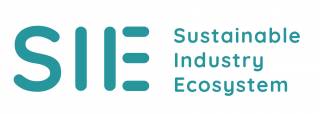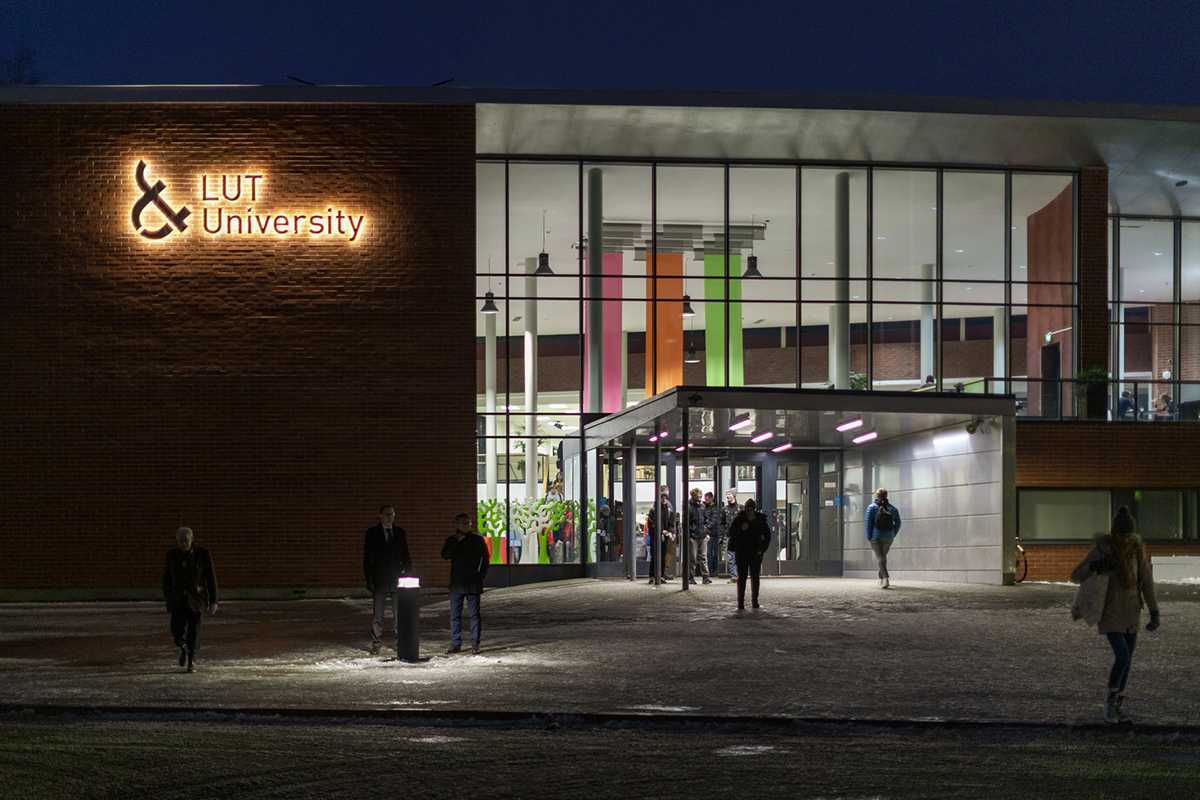Data-based service creation in industrial ecosystems is the key to globally scalable business growth for advanced high-tech companies. LUT University’s remote workshop on 29th of September 2021 focused on Renewal of Finnish Industry with almost 30 participants, including company representatives from broadly representing key areas of Finnish manufacturing and mining, and researchers from multiple supporting disciplines.
Quality keynote speeches to evoke thoughts
The workshop included three quality keynote speeches. The event kicked off with the Vice president of Digital Technologies Metso Outotec Oyj, Rashmi Kasat speaking about Smart Automation in Minerals Processing and how digitalization was rapidly transforming the business outlook of one of Finland’s greatest industrial enterprises.
This presentation was followed by LUT University’s Ilkka Donoghue who brought together the state-of-the-art advances in Data-based service creation in industrial ecosystems through stories of his personal experience mixed together with the most recent academic insights. Finally, the third speech brought the viewpoint on collaboration through the presentation of Jaakko Paasi from VTT on Sustainable Industry X (SIX): Mission, concept, and vision.
Looking ahead from 2025 to 2035: Data-based service creation in industrial ecosystems becomes key
When looking at 2025, what does the world look like in the perspective of your own company? This question provoked intense discussion between the participants as they analyzed it from four different perspectives: operating environment, research and development, resources, and skills and education.
In operating environment, zero harm and emissions were expectedly rising to the forefront. Competitors are seen working together to create the ecosystems, but at the same time raw data is seen as non-accessible or accessible only for the owners.
In R&D the first steps towards data-based service creation on the ecosystem are gradually happening: communication platforms are being standardized and connectivity issues are being worked on. Value creation is increasingly being driven by ultra-tailoring, progressively through software. The demands of the operating environment and a sharper global competitive edge shift attention to the promise of technologies and skill development.
Unsurprisingly, resource discussions focused on technology: IoT, global telecom networks and satellite connectivity, remote monitoring centers, data sources, etc. Engineering, designing, and modelling were all important future skills and competences to strengthen, whether they related to automation, business, machines, services, or systems.
Compared to views of year 2025 which is quite near, the views of year 2035 raise wider discussion and wilder thoughts. Relating to operating environment, the discussion flowed, from autonomous or semi-autonomous business models, operations, and sustainable companies to robotic maintenance fleets and communities being stakeholders in mining industries.
In R&D, autonomous or AI machines, decision processes and process control were combining theme. Clear lines of R&D was raised to discussion when thinking about utilization and value from data. Similar to year 2025, resources in 2035 focused on technology perspective, but also the importance of data-based services being reality. Discussion based on skills and education focused on learning how to use these new systems and technologies – not only thinking it was educational sector’s liability but also companies’ responsibility to offer up-to-date training for employees of every level.
Finland is the sustainable winner in the twin transition
The competitive edge of Finnish industry in 2030 could be described by two statements: 1) Finnish industry is specialized in global markets to help its customers to operate in a sustainable and responsible way; 2) Finnish industry is able to react quickly and solve complex problems of customers by a Finnish model of collaboration. Most of the participants felt “good” or even “excited” about this vision. When thinking about what is good, the focus was clearly on sustainability and automation.
The participants agreed that if Finnish industry manages to come together, develop better models of collaboration and address the skills shortage and unite under a common vision of sustainable and digital manufacturing excellence, they have what it takes to compete and win globally in the twin transition.
The four must-win-battles
Four must-win-battles were identified on the way to 2030:
1) Proceed among the first actors into sustainable production and business in order to be a credible actor in helping its customers in green transformation;
2) Strengthen its ecosystemic way of innovate and make business in order to be able to react quickly to the systemic customer needs;
3) Stay in the leading edge of digital transformation;
4) Turn industrial investments back to an increasing track.
In addition to the four must-win-battles, “Challenges related to skills development / availability of skilled labor force” was added by a participant and agreed to be a common priority. Some raise must-win-battles of their own company; transition a 100% planet positive portfolio, from product oriented to services oriented, culture change, profitable transition to the whole lifecycle digital business model, and stay up-to-date with the state-of-the-art.
To summarize the day’s lessons in the words of Paul Bryant: “It’s not the will to win that matters − everyone has that. It’s the will to prepare to win that matters.”
Text: Aino-Maria Hakamäki
Photo: LUT University


